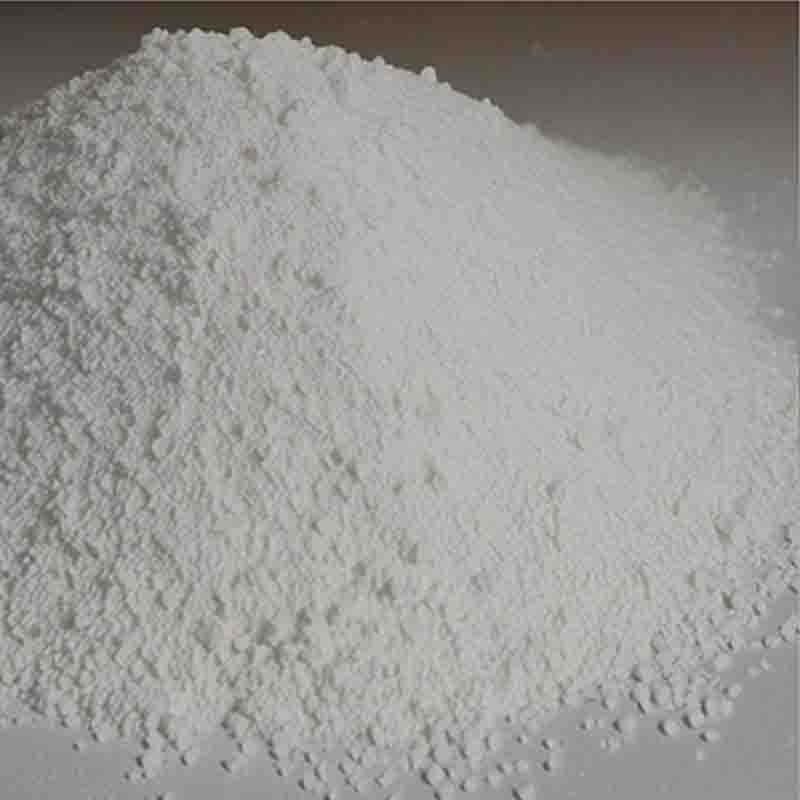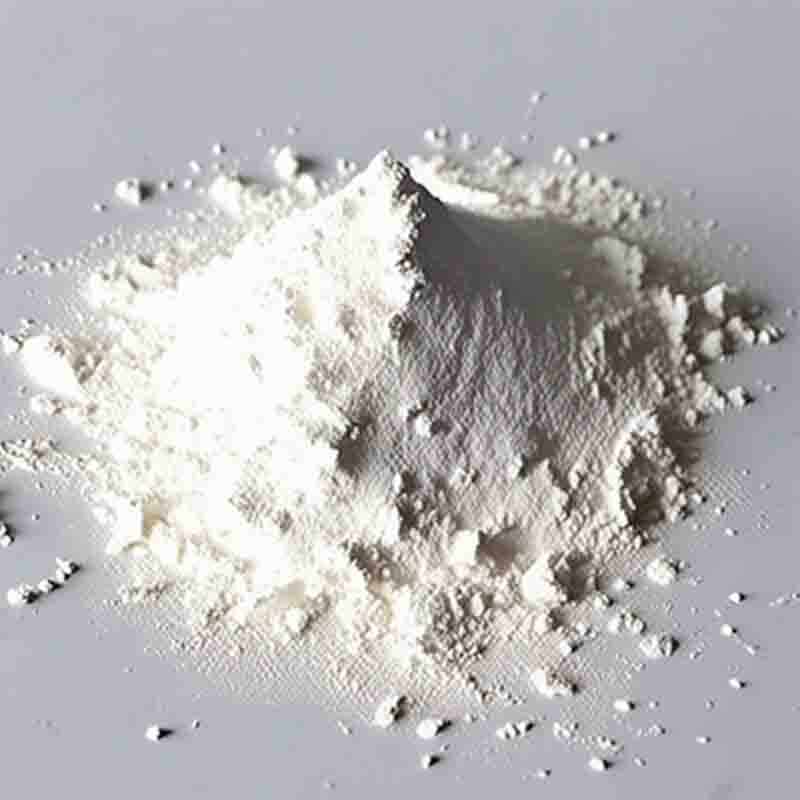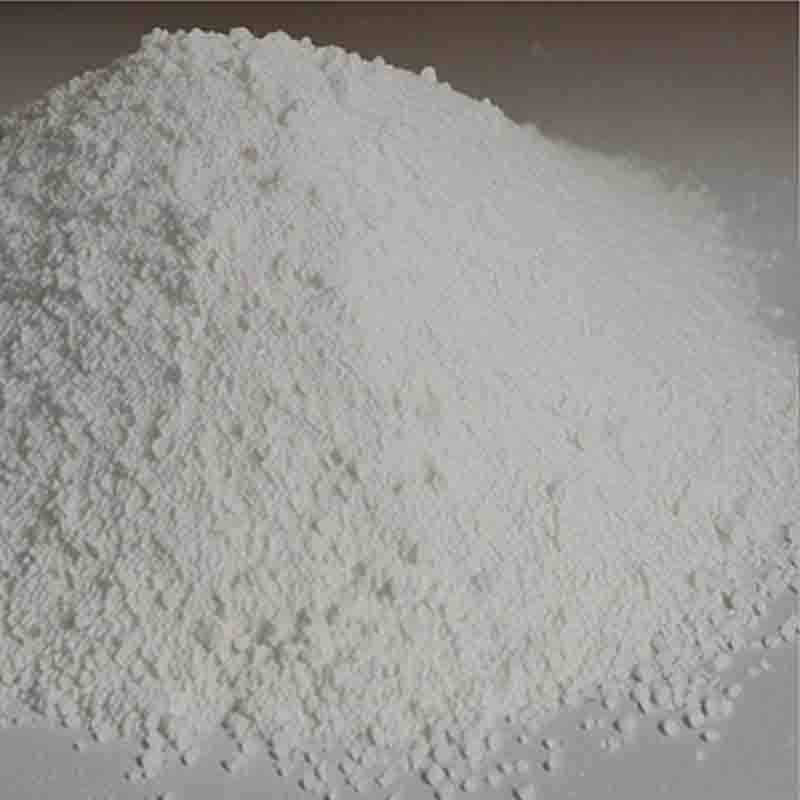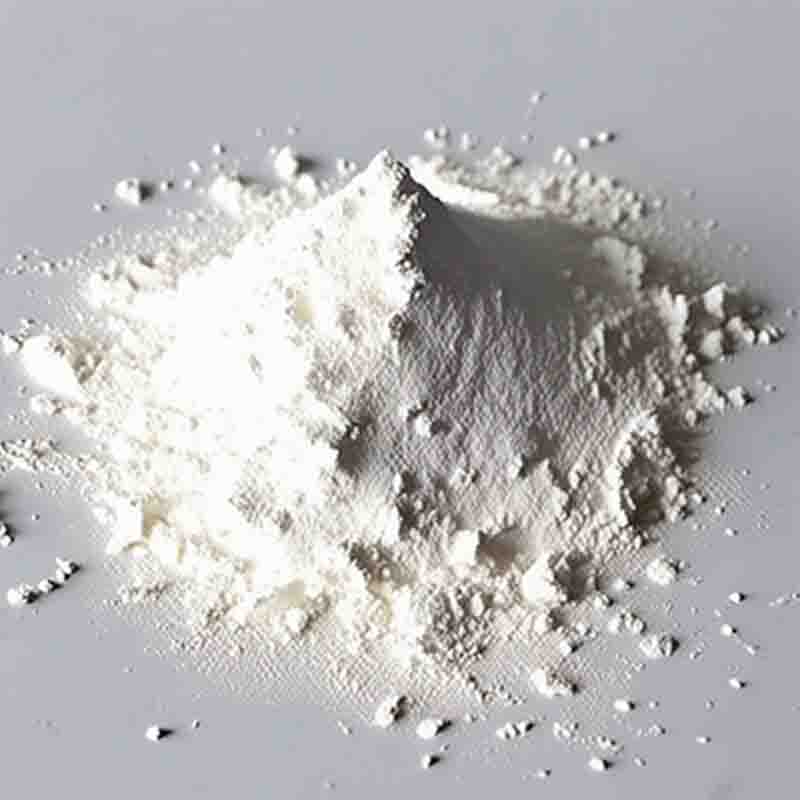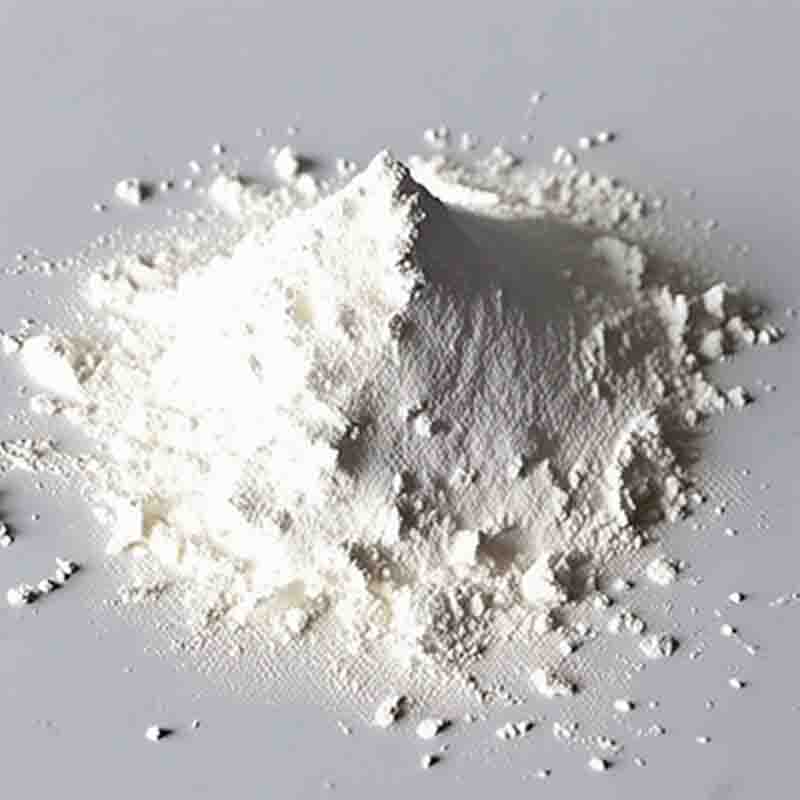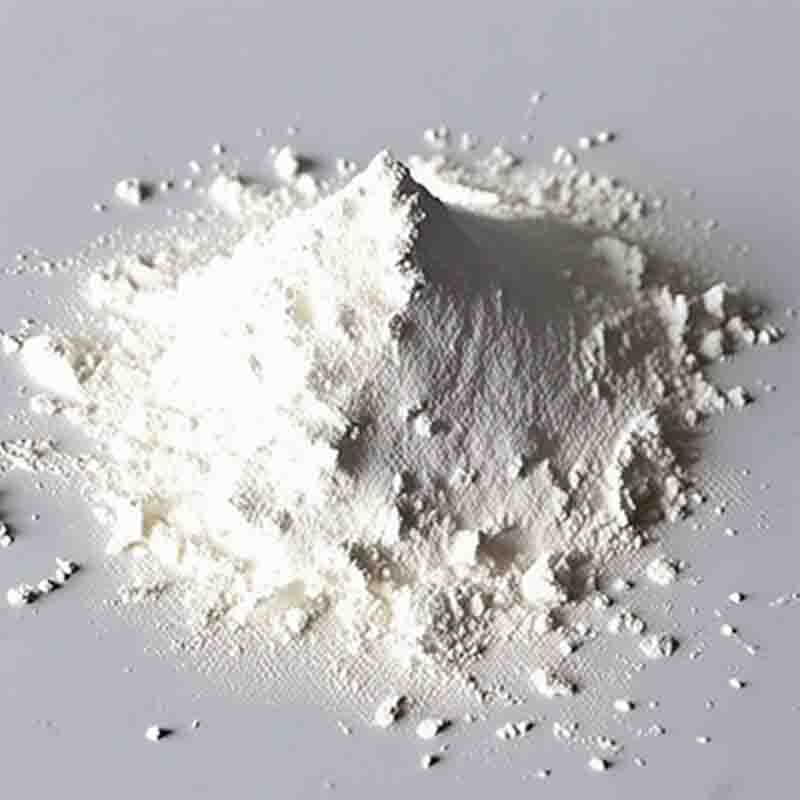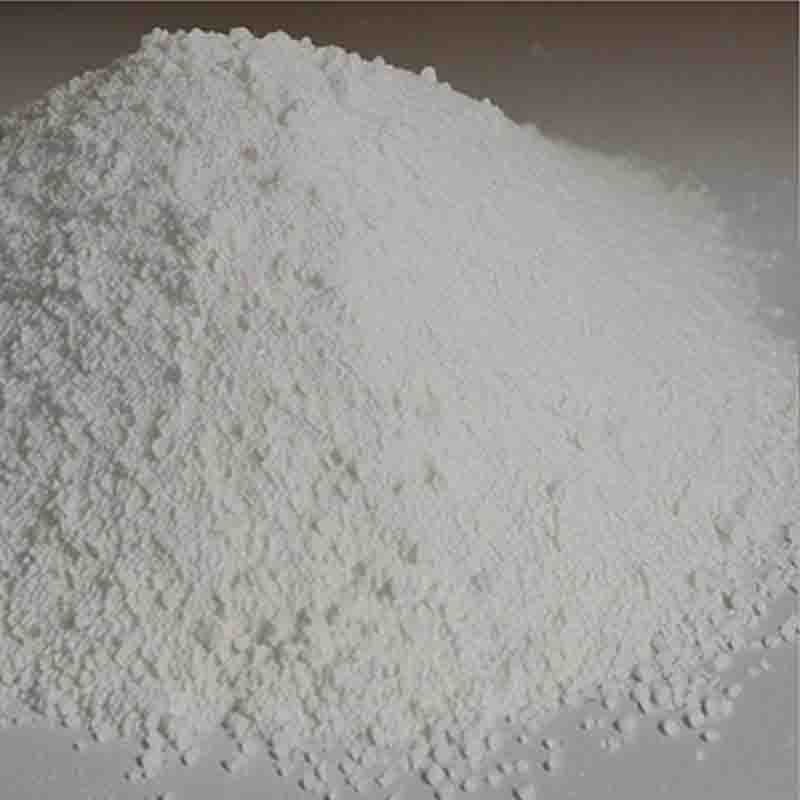Bis(benzonitrile)dichloroplatinum(II) CAS: 14873-63-3
| Catalog Number | XD94421 |
| Product Name | Bis(benzonitrile)dichloroplatinum(II) |
| CAS | 14873-63-3 |
| Molecular Formula | C14H10Cl2N2Pt |
| Molecular Weight | 472.23 |
| Storage Details | Ambient |
Product Specification
| Appearance | White powder |
| Assay | 99% min |
Bis(benzonitrile)dichloroplatinum(II), commonly referred to as PtCl2(C6H5CN)2, is an organometallic complex of platinum that finds various applications in catalysis and medicinal chemistry. This compound consists of a platinum center complexed with two benzonitrile ligands and two chloride ions.One of the key uses of PtCl2(C6H5CN)2 is in catalytic reactions, particularly in homogeneous catalysis. It displays remarkable catalytic activity in several transformations, including selective hydrogenation, hydroformylation, and C-C cross-coupling reactions. The presence of the benzonitrile ligands and chloride ions enhances the reactivity and selectivity of the platinum complex, allowing for efficient and controlled catalysis.In selective hydrogenation, PtCl2(C6H5CN)2 acts as a catalyst for the reduction of double or triple bonds in organic molecules while leaving other functional groups unaffected. This application is crucial in the production of fine chemicals, such as pharmaceutical intermediates and specialty polymers. The complex's ability to control the chemoselectivity and regioselectivity of hydrogenation reactions makes it highly desirable in the synthesis of complex organic molecules.PtCl2(C6H5CN)2 also plays a significant role in hydroformylation reactions, which involve the addition of carbon monoxide and hydrogen to alkenes under catalytic conditions. It promotes the catalytic carbonylation of olefins and facilitates the formation of aldehydes. Hydroformylation is widely used in the production of various industrial chemicals, such as alcohols, plasticizers, and surfactants. The ability of PtCl2(C6H5CN)2 to activate carbon monoxide and enable selective carbonylation reactions is valuable in this context.Furthermore, PtCl2(C6H5CN)2 is explored in medicinal chemistry for its potential applications in the development of platinum-based anti-cancer drugs. Platinum complexes are known for their ability to inhibit DNA replication and cell division, making them effective against several types of cancer. The benzonitrile ligands in PtCl2(C6H5CN)2 provide stability and solubility to the complex, which can enhance its delivery and bioavailability in biological systems.Additionally, PtCl2(C6H5CN)2 serves as a precursor for the synthesis of diverse platinum complexes through ligand substitution reactions. By replacing the benzonitrile ligands or chloride ions, it is possible to obtain new complexes with altered properties and reactivity. This versatility allows for the design and development of tailored platinum catalysts or therapeutic agents for specific applications.In summary, PtCl2(C6H5CN)2 is a highly versatile organometallic complex of platinum that demonstrates significant utility in catalysis and medicinal chemistry. Its applications in selective hydrogenation, hydroformylation, ligand substitution, and as a precursor for platinum-based drugs highlight its importance in various chemical and biological contexts. The reactivity, selectivity, and stability of PtCl2(C6H5CN)2 make it a valuable tool for the synthesis of fine chemicals, as well as the development of potential anti-cancer agents.


